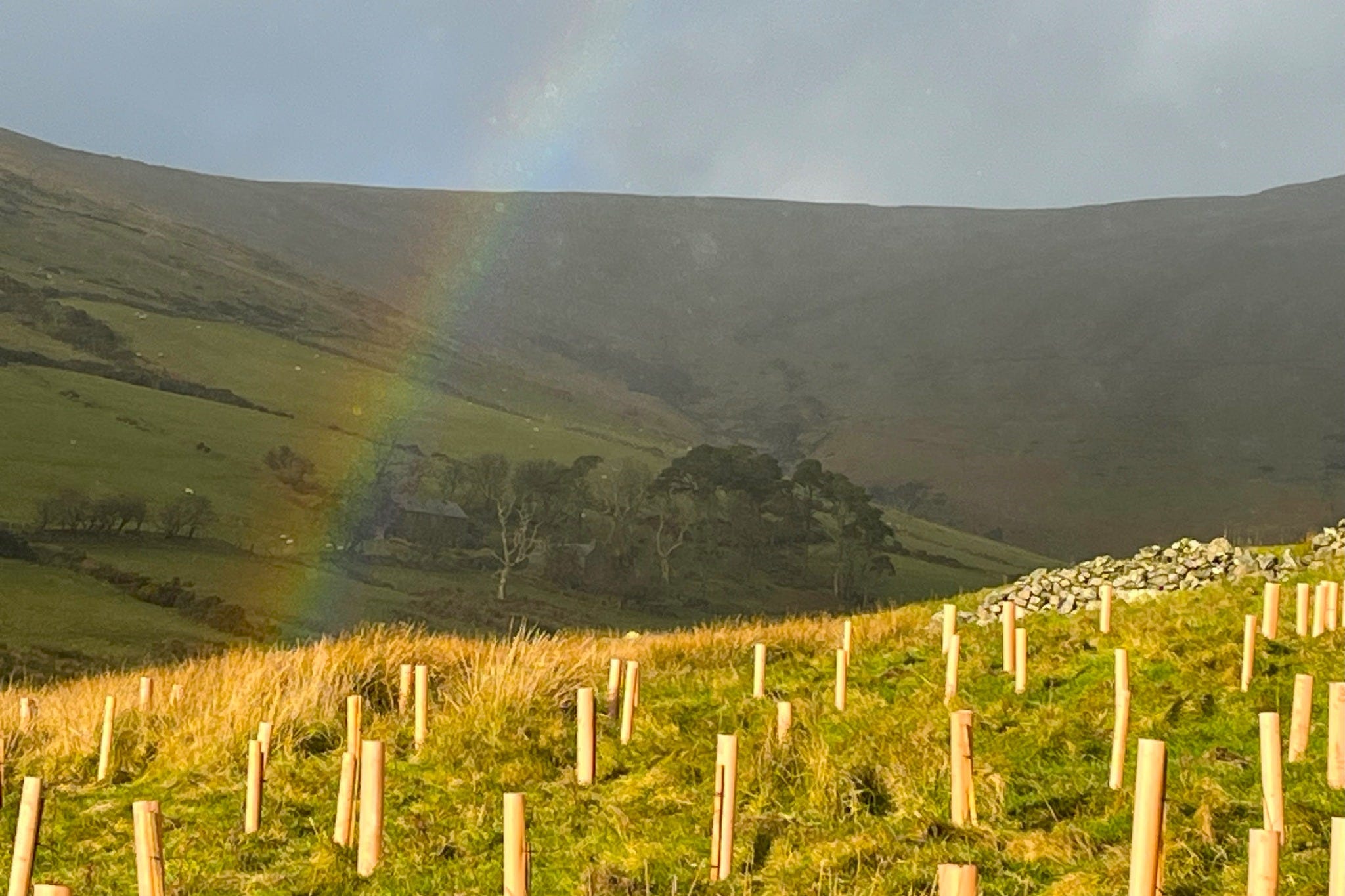Government urged to launch industry-specific plans to restore nature
Businesses need ‘clarity and stability’ before investing in solutions to restore nature, WWF and Aviva said.

Your support helps us to tell the story
From reproductive rights to climate change to Big Tech, The Independent is on the ground when the story is developing. Whether it's investigating the financials of Elon Musk's pro-Trump PAC or producing our latest documentary, 'The A Word', which shines a light on the American women fighting for reproductive rights, we know how important it is to parse out the facts from the messaging.
At such a critical moment in US history, we need reporters on the ground. Your donation allows us to keep sending journalists to speak to both sides of the story.
The Independent is trusted by Americans across the entire political spectrum. And unlike many other quality news outlets, we choose not to lock Americans out of our reporting and analysis with paywalls. We believe quality journalism should be available to everyone, paid for by those who can afford it.
Your support makes all the difference.The Government needs to establish strategies for individual industries to help reach national and global nature targets, WWF and Aviva have said.
The wildlife charity and insurance giant said businesses need “clarity and stability” before investing in solutions to restore nature and move away from environmentally-harmful practices.
In a joint report on Tuesday they urged the UK Government to set out clear plans and strategies – dubbed “nature-positive pathways”.
These would provide guidance to policymakers and the private sector about how different key economic sectors, such as the built environment, agriculture, finance or transport, can contribute to nature and biodiversity targets, it said.
Under the UN’s Global Biodiversity Framework, the UK has pledged to protect 30% of the country’s land and sea for nature’s recovery by 2030.
Businesses have told us that the transition to a nature-positive, net-zero economy is one of the biggest business opportunities since the industrial revolution
WWF and Aviva said nature-positive pathways are a policy tool based on the UK Climate Change Committee’s Net Zero Pathways, which involve sector-by-sector strategies to decarbonisation.
They said the nature pathways should be integrated with existing net-zero sectoral plans to develop an overarching strategy that tackles both the climate crisis and nature crisis together.
Karen Ellis, WWF’s chief economist, said: “Businesses have told us that the transition to a nature-positive, net-zero economy is one of the biggest business opportunities since the industrial revolution.
“But businesses need clarity and stability before investing in the solutions we need to restore nature and transition away from practices that harm it.
“So, the Government must set out clear pathways for key sectors of the economy, like those that have been developed to help tackle the climate crisis.”
Nature-positive pathways provide direction to businesses and financial institutions on how they can join the Government’s mission to build a resilient, sustainable and prosperous UK economy
The report recommends that nature-positive pathways should follow the Government’s publication of the updated National Biodiversity Strategy and Action Plan (NBSAP), which is expected next month.
The plans would also enable the Government to tap into the benefits of the transition and attract private financial flows by clarifying policy direction, aligning with the goals of the UN framework and incentivising long-term investment, it added.
Claudine Blamey, chief sustainability officer at Aviva, said: “Developing nature-positive pathways, together with net zero pathways, will provide much needed clarity on how different economic sectors are expected to transition to protect and restore nature.
“This would lead to greater investment in nature and increase the active role the private sector can play in contributing to the urgent change we need to see.”
Helen Avery, from the Green Finance Institute, said: “Nature-positive pathways provide direction to businesses and financial institutions on how they can join the Government’s mission to build a resilient, sustainable and prosperous UK economy.
“They provide the private sector with a clear vision on how to contribute to domestic and international environmental targets, and reduce nature-related risks.
“This report sets the foundation for the future development of nature-positive sectoral pathways in the UK that will serve to unlock investment at scale.”
A spokesperson for the Department for Environment, Food and Rural Affairs (Defra) said the government is committed to deliver for nature, taking action to meet Environment Act targets, to restore and protect the natural world.
They said a rapid review of the Environmental Improvement Plan had been announced and a new statutory plan will be developed which will focus on cleaning up waterways, reducing waste, planting millions more trees, improving air quality and halting the decline in species by 2030.